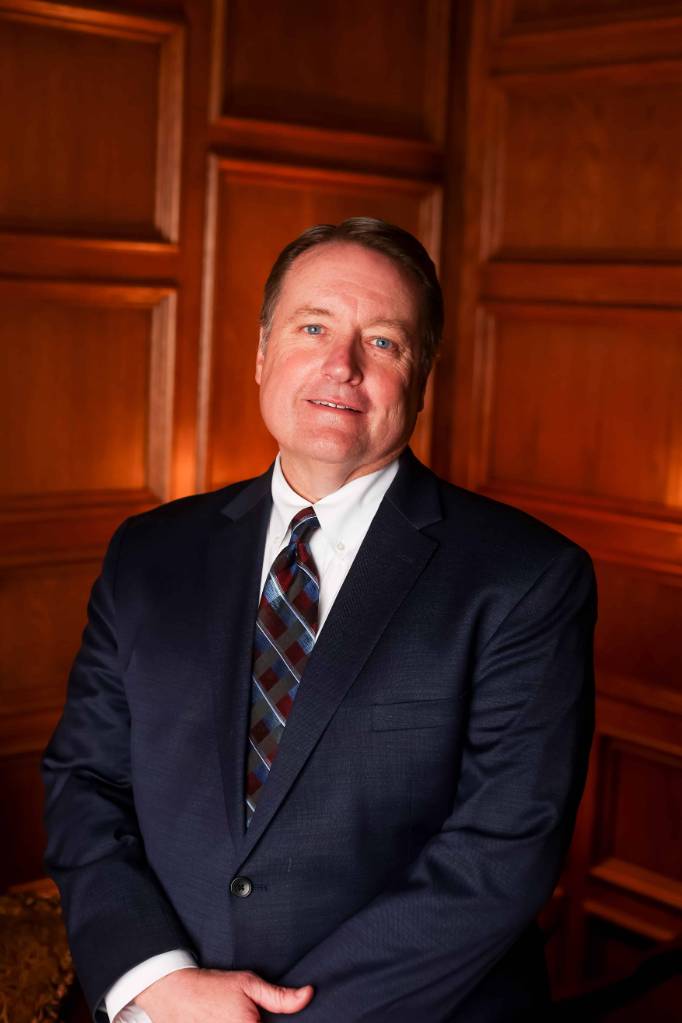Session Sneak Peek: Craig Riffel, CPA, JD
October 07, 2025

Craig Riffel is a CPA and attorney of Riffel, Riffel & Benham, PLLC, who has offices in Enid, Fairview, Kingfisher, and Woodward. He is also the development director of Senior Resources & Benefits, LLC. Over the past 30 years, a significant portion of Mr. Riffel’s practice has consisted of Medicaid, estate planning, and asset protection planning. He teaches continuing education to attorneys on these topics. For more information, visit www.SRBLLC.com.
Q&A with Craig Riffel, CPA, JD
OSCPA: What information do you hope attendees take away from your session?
Craig: First, Medicaid is not welfare. Welfare is generally defined as receiving something for which you did not pay. Medicaid is part of the Social Security program, funded specifically by FICA and self-employment taxes. Therefore, every working person has fully paid for his or her Medicaid benefits through these taxes. Second, Medicaid is not just for poor people. The $2,000 limit of which most people are familiar applies to a person’s “countable resources,” not their total assets. As such, Senior Resources & Benefits, LLC has successfully qualified individuals for Medicaid benefits, having net worths from as little as $50,000 to as much as $6 million.
OSCPA: What inspired you to become an estate planning expert?
Craig: When I started practicing estate planning, I was seeing more and more clients losing their estates to long-term care costs, whether from care at home or care in a nursing facility. It made me question whether traditional estate planning using wills or trusts to dispose of assets at death was enough. If clients lost their estates to long-term care costs before they died, they had no need for either wills or trusts. Furthermore, there is a fundamental unfairness in the way Medicaid has been perceived. It has been acceptable to not qualify individuals for Medicaid who have worked and saved, and in doing so, accumulated assets, although they have paid for their benefits. While at the same time, it has been acceptable to qualify persons who have not worked and therefore not paid for their benefits, or not saved and squandered their earnings. The reward for those who have worked and saved has been to require them to privately pay for their care, while those who have not worked or have not saved have been given care subsidized. In essence, the people doing the right thing (i.e., working and saving) are paying for those who fail to do the right thing by failing to work or save.
OSCPA: Why do you think estate planning is so important right now?
Craig: Estate planning, which incorporates long-term care planning, is important because one out of every two people requires some type of long-term care. The average length of care ranges from three to 11 years, depending on whether they suffer from some form of dementia. The average cost of basic facility care is between $8,000 to $10,000 per month in Oklahoma. As a result, long-term is a significant issue for the majority of our population.
